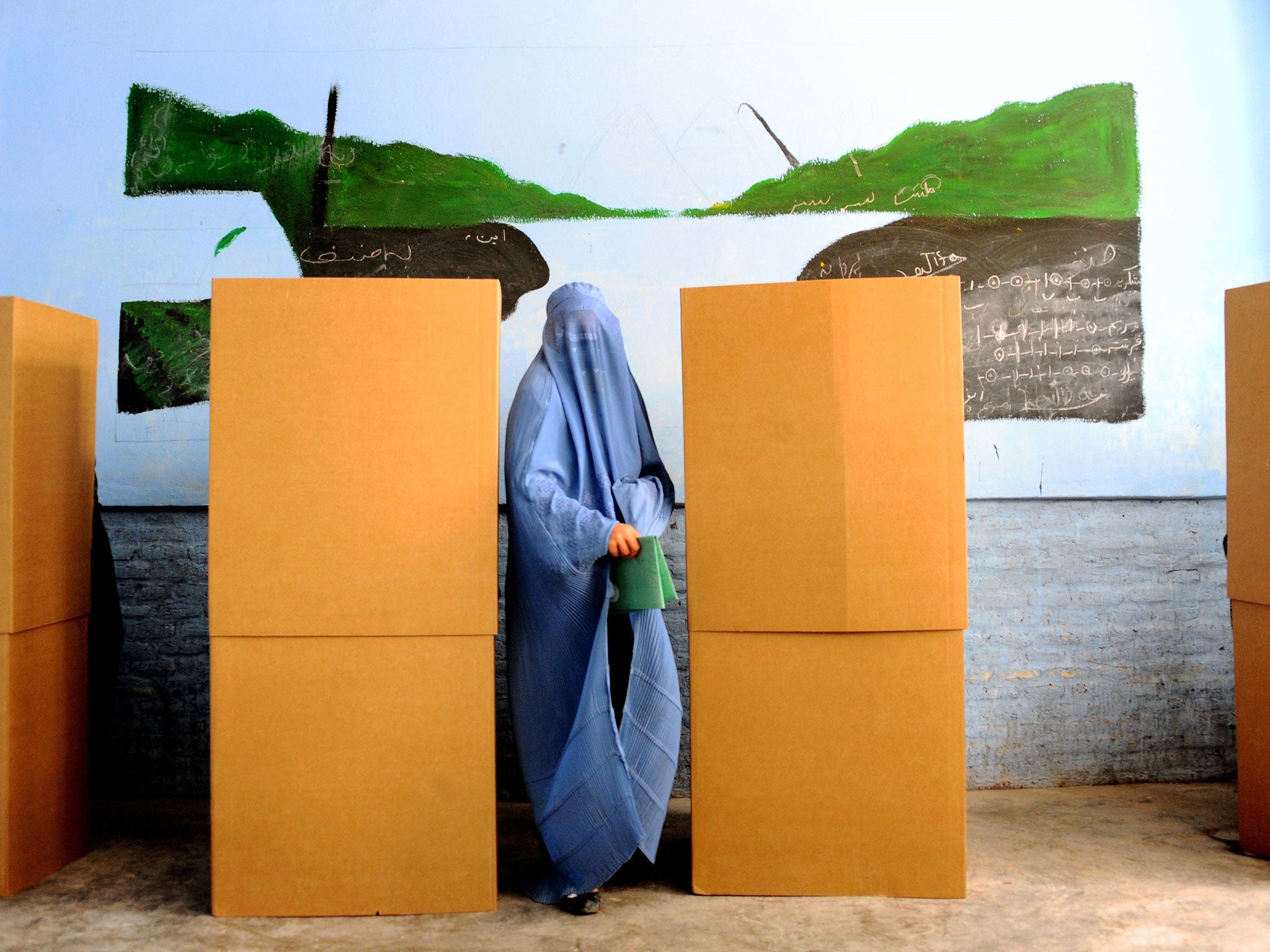A Taliban victory wouldn't be an unmitigated disaster for Afghanistan - unless the West failed to support it
They were brutal and reductive, but they brought the country closer to peace than at any time before or since


The release of Bowe Bergdahl, the only US soldier known to be held by the Taliban, in exchange for senior Taliban figures held at Guantanamo Bay, was originally seen by Washington as a ‘confidence-building measure’, a step towards a comprehensive peace deal which would bring Afghanistan’s elected government and the Taliban cosily together.
But the talks never got started, and this week’s simple prisoner swap reflects the drastically diminishing leverage of the US. As the Taliban like to say: “The US has the watch but we have the time.” Washington apparently saw that the Taliban’s secret offer of a swap – made last September after 18 months of silence – could be their last opportunity to rescue Bergdahl before the pull-out.
It was in March 2012 that the Taliban slammed the door on the wider deal America dreamed of, in which peace talks would culminate in the Taliban at least implicitly recognising the legitimacy of the Karzai government. If they had succeeded, America would then have been able to quit Afghanistan in the way the British left the partitioned subcontinent in 1947, with a constitutionally respectable deal in place, absolving them of blame for the mayhem that would likely follow.
But with the American clock ticking, the Taliban refused to play ball. The prospects of any such deal have been dead now for more than two years.
Instead Afghanistan’s likely future is shaping up very much like its awful recent past. For all President Karzai’s anti-American rhetoric, his regime is the creation of the occupying army. How long can it survive once the US armed presence shrinks from 38,000 to 9,800 to nothing in the next two years? Not only the government but the whole expensive apparatus created by the west over the past 12 years risks falling apart in no time.
The worst future for Afghanistan would be a return to the civil wars that erupted after the departure of the Soviets, when rival warlords generously funded by outsiders blew the country to pieces – wars that only ended with the near-total victory of the Pakistan-backed Taliban.
America believed it had routed the Taliban within a few weeks of the start of the 2001 invasion, but seasoned Afghan observers warned that they had merely melted away. Today they are a more formidable force than ever. They have threatened to disrupt the run-off presidential election later this month, so expect more brutal news from the country shortly.
In the scale of awfulness, how would a new Taliban victory measure up?
Many would see it as an unmitigated disaster. A return to power by Mullah Omar and his comrades, the people who threw down the welcome mat to Osama bin Laden, would reduce the US’s post-9/11 strategy to a sick joke. For the westerners who have played a part in getting the nation’s girls out of burqas and into school, it would be immensely depressing.
But it would not necessarily be the very worst thing that could befall Afghanistan.
In the mid-1990s the Taliban’s rule was brutal and reductive to the point of self-parody. The banning of music, gambling, kite-flying and smooth chins, the public executions and amputations in the old football ground, the pervasive joylessness – these are the attributes of Taliban rule that stick in the memory.
Yet the Taliban brought Afghanistan closer to peace than at any time before or since. The only period during which it was safe to travel from Kabul to the Khyber Pass, for example, was when the Taliban were in charge.
It will be objected that the Taliban were the allies of al-Qaeda. But an army of national liberation – however rude its religious ideas – is different from an international terrorist organisation. The Taliban were never involved in committing terrorist acts outside their country. Only the traditional obligations of Pushtun hospitality masked their native antipathy towards Arabs, including Osama’s gang, seen as arrogant intruders.
If the Taliban succeed in overthrowing the Afghan government in the next five years – and there is little doubt that they will try – the government they will impose will very probably be joyless, incompetent, oppressive and dogmatically Islamic. It is unlikely to hesitate before abolishing the progressive reforms of the last dozen years. As in the past, their rule will be anathema to the west.
The west will therefore starve it of funds and democratic recognition and treat is as a diplomatic outcast, just as it treated the last Taliban government.
And that would be a pity. What Afghanistan needs more than anything else – even more than an extension of women’s rights – is peace, a government which is not an army of plausible looters and freebooters, which can stand on its own two feet without massive western support and which can persuade the mass of Afghans that it is legitimate.
Are the Taliban capable of such a feat? Have their cultural attitudes evolved over the years of resistance? What of the fabled ‘moderate Taliban’ on whom so many hopes have been placed over the years? In their rustic simplicity, are they still as honest as they were reputed to be? Were they ever?
Whatever the answers to those questions, their ambition remains clear: to rid their country of meddling foreigners and bring peace and unity; to put in place the rudiments of a non-failed state. Such a project should command outside support: it’s what Afghanistan needs more than anything. But from the meddling world, it is very unlikely to get it.

Join our commenting forum
Join thought-provoking conversations, follow other Independent readers and see their replies